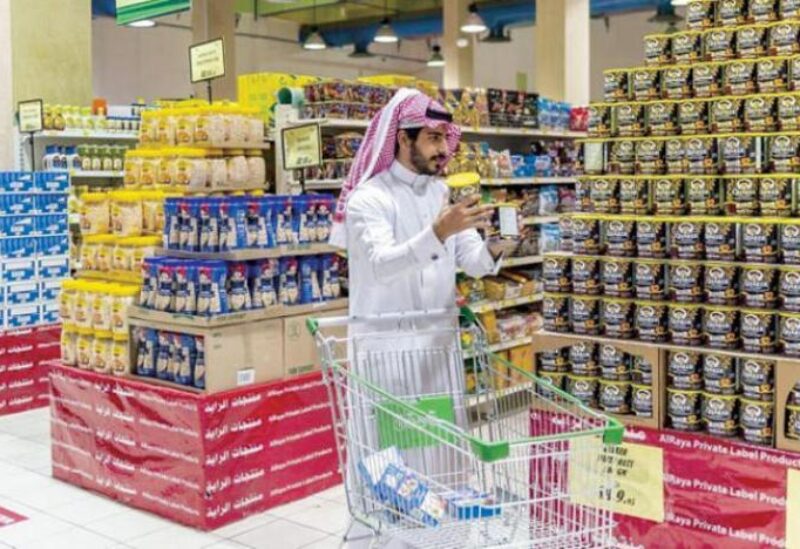
The Saudi Food Security Committee monitors the strategic inventory of wheat and barley
Saudi government entities concerned with the food security system have allocated around $2.5 billion to support the strategic inventory of wheat and barley and compensate importers.
The Custodian of the Two Holy Mosques, King Salman bin Abdulaziz, approved the support to address the effects of rising prices globally.
Last July, King Salman approved the allocation of $5.3 billion of financial support to help confront the impact of rising costs around the globe. It aims to increase strategic reserves of necessities and ensure their availability.
The Saudi Food Security Committee held its periodic meeting chaired by the Minister of Environment, Water, and Agriculture, Abdul Rahman al-Fadhli, to review the developments regarding food security in local markets.
It noted an abundant quantity of food commodities in the local market and the volume of stocks and local and external supply chains in light of global market developments against the backdrop of the Russia-Ukraine crisis.
Fadhli announced that the Saudi government entities concerned with the food security system allocated around $2.5 billion to address the effects of rising global prices.
The committee is working to follow up on implementing the leadership’s directives to ensure abundant supply, enhance the local stock of essential food commodities and support their continuity in the Kingdom’s markets, characterized by their safe and reassuring situation.
Fadhli pointed out that the Saudi Grains Organization (SAGO) allocated a total of $1.2 billion in its budget to support the strategic inventory of wheat and barley and compensate importers.
The Minister also announced that $1.1 billion was allocated in the Agricultural Development Fund’s (ADF) budget to lend the private sector to finance contracts that cover the Kingdom’s needs for a period of no less than six months of the primary commodities, including corn, barley, and soybeans.
The Minister added that $213 million was provided as additional support for the subsidies presented to breeders and producers.
The approval of King Salman was based on Crown Prince Mohammad bin Salman’s report in the light of a study on the developments of the economic situation in the world issued by the Council of Economic and Development Affairs.
Crown Prince Mohammed, the head of the Council, chaired a meeting last July to review several economic and development issues.
The meeting also addressed the presentation submitted by the Ministry of Commerce with the participation of the Ministry of Environment, Water and Agriculture, and the Ministry of Economy and Planning regarding monitoring prices of several products in the Kingdom’s markets.
Saudi Arabia has disclosed plans to execute the directives of the Crown Prince, confirming the necessity of ensuring availability of products and fighting monopoly in the local market.
Meanwhile, the Minister of Commerce Majid al-Qasabi, said the supervisory team carried out more than 640,000 operations to monitor the prices of goods, and 27,000 violations were observed, stressing that violators have been held accountable.
The Minister explained that an ad hoc committee that includes ten government agencies meets periodically to follow up on the food stocks in the country to search for alternatives.
He stressed that in the event of a shortage in some products, the government would intervene to secure specific goods, taking advantage of the state’s allocation to support essential commodities stocks and ensure their availability in the Saudi market.